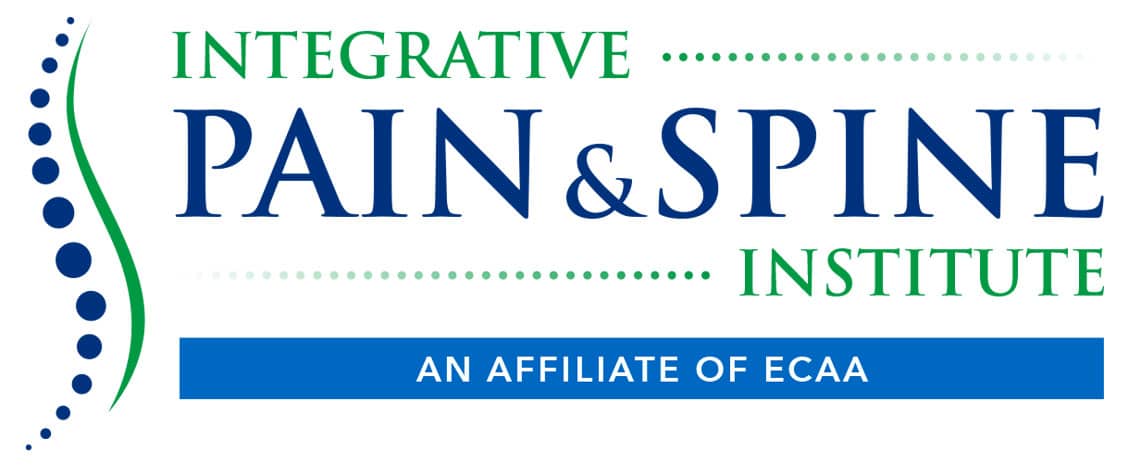Occipital neuralgia is a rare but distinct type of headache characterized by piercing, throbbing, or electric-shock-like chronic pain in the upper neck, back of the head, and behind the ears. The lesser and greater occipital nerves supply these regions from the top of the spinal cord up traveling up to the scalp. The pain can be fierce and debilitating with it lasting anywhere from a few seconds to minutes. The rate of incidence is 3.2 per 100,000 with a mildly higher rate in females.
What Causes Occipital Neuralgia?
Occipital neuralgia occurs when there is irritation or injury to the occipital nerves. Common causes include:
- Trauma to the back of the head
- Compression of the nerves by overly tight neck muscles
- Arthritis in the cervical spine
- Tumors or other structural abnormalities in the neck
- Infections
Gout or diabetes (conditions that can cause nerve damage)In many cases, however, the cause remains idiopathic, meaning it arises spontaneously or without a known reason.
What Symptoms Do You Experience With Occipital Neuralgia?
The primary symptom of occipital neuralgia is a headache that typically begins in the neck and spreads upwards. Other symptoms include:
- Pain on one or both sides of the head
- Sensitivity to light (photophobia)
- Tender scalp
- Pain with neck movement
- Pain behind the eyes
The pain can be intermittent or continuous and can vary in intensity from mild to severe.
How Do You Diagnose Occipital Neuralgia?
Diagnosing occipital neuralgia can be challenging because its symptoms often overlap with those of other headache disorders like migraines or tension headaches. A thorough medical history and physical examination are essential. Key diagnostic procedures may include:
- Nerve blocks: An injection of anesthetic near the occipital nerves can help confirm the diagnosis if the pain is temporarily relieved.
- Imaging tests: MRI or CT scans may be used to rule out other causes of the symptoms, such as structural abnormalities or injuries.
What Are The Treatment Options?
Occipital neuralgia can be managed through various treatment options ranging from conservative measures to more invasive procedures. The goal is to relieve pain, reduce nerve inflammation, and address any underlying causes. Here are the primary treatment options:
1. Medications
- Over-the-Counter Pain Relievers: Nonsteroidal anti-inflammatory drugs (NSAIDs) like ibuprofen or aspirin can help alleviate mild to moderate pain.
- Prescription Medications: Muscle relaxants, anticonvulsants (e.g., gabapentin, carbamazepine), or antidepressants (e.g., amitriptyline).
- Nerve Blocks: Injections of anesthetics and steroids directly into the affected area can provide temporary or long-term relief. These are often used both for diagnostic and therapeutic purposes.
2. Physical Therapy
- Manual Therapy: Techniques like massage and physical therapy exercises can help reduce muscle tension and improve neck posture, potentially alleviating nerve compression.
- Heat and Cold Therapy: Applying heat or cold packs to the affected area can reduce inflammation and soothe pain.
3. Lifestyle Modifications
- Stress Management: Techniques such as yoga, meditation, and relaxation exercises can help manage stress, which may exacerbate symptoms.
- Ergonomic Adjustments: Ensuring proper ergonomics at work and during activities can prevent undue stress on the neck and spine.
4. Non-Surgical Treatment Options
- Radiofrequency Ablation: This procedure uses radio waves to generate heat and destroy nerve fibers carrying pain signals.
- Occipital Nerve Stimulation: A small device is implanted under the skin, which sends electrical impulses to the occipital nerves, blocking pain signals.
- Surgical Decompression: In rare and severe cases, surgery may be performed to relieve pressure on the occipital nerves by removing any anatomical obstructions.
5. Alternative Therapies
- Acupuncture: Some patients find relief through acupuncture, which involves inserting thin needles into specific points on the body to reduce pain and inflammation.
- Herbal Supplements: While not a conventional treatment approach, some find relief with herbal supplements such as turmeric, which has anti-inflammatory properties. Always consult a healthcare provider before starting any supplement.
Occipital neuralgia, while painful and sometimes debilitating, can be effectively managed with a combination of treatments tailored to the individual’s needs. A multidisciplinary approach often yields the best results, combining medical, physical, and sometimes surgical interventions. If you would like more information or consultation by Dr. Manvar for occipital neuralgia please contact us at 704-317-1440
